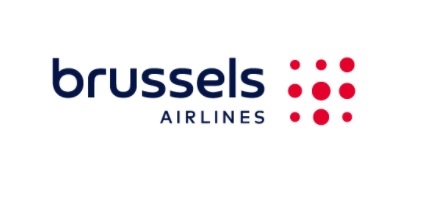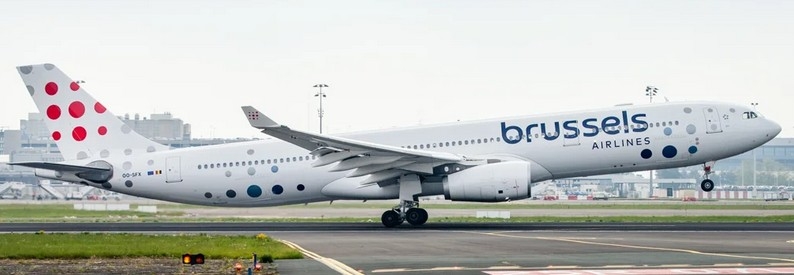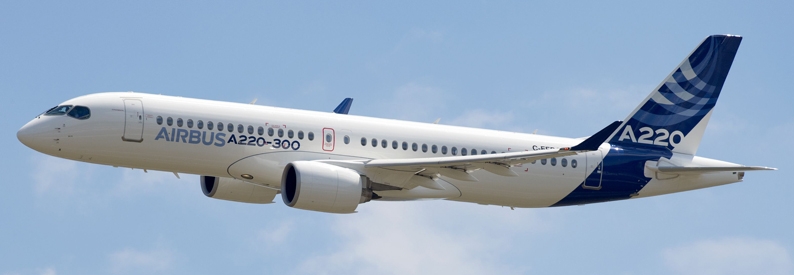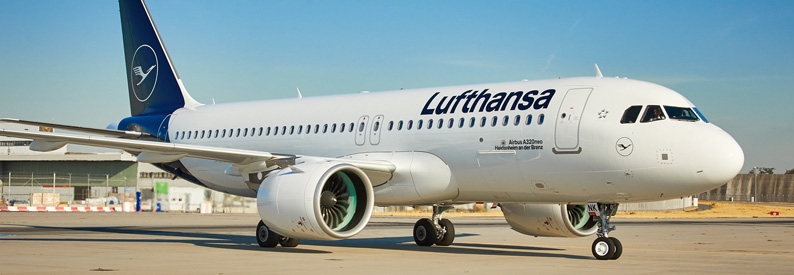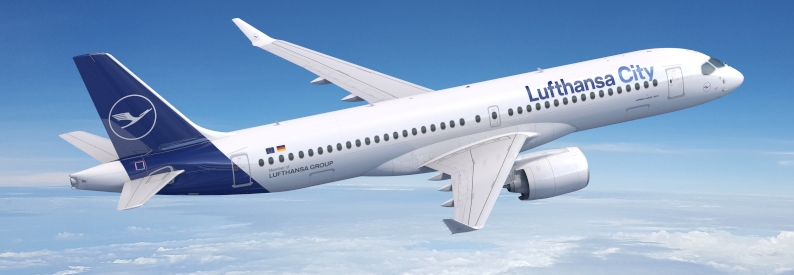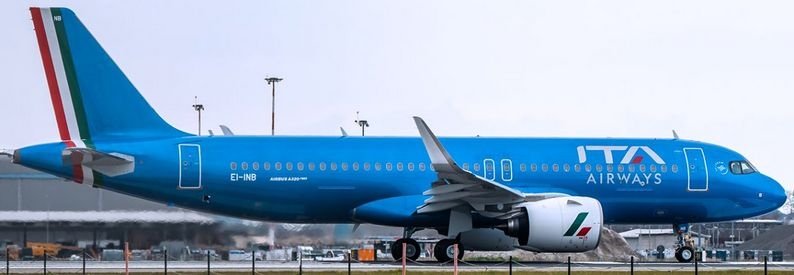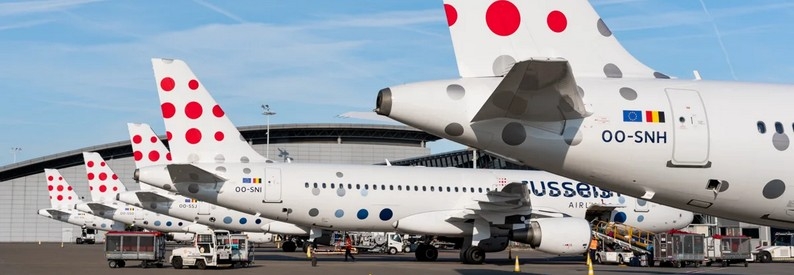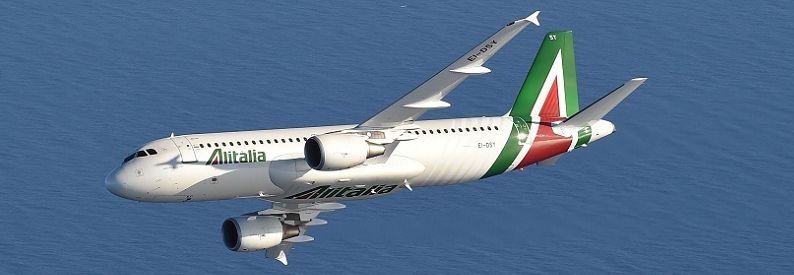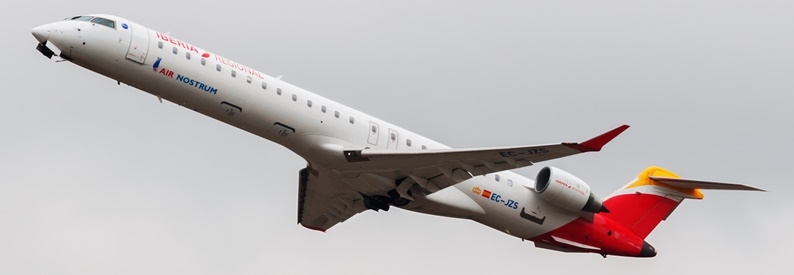Greenpeace may take legal action against Brussels Airlines (SN, Brussels National) in the same way it proceeded to do earlier this month against KLM Royal Dutch Airlines (KL, Amsterdam Schiphol), saying it “does not exclude” a challenge in the courts against Belgian state aid handed to the carrier.
Greenpeace has initiated summary proceedings in the Netherlands in an effort to force the Dutch government to scrap financial aid to KLM because not enough “environmental conditions” had been attached to the deal.
In Belgium, “the case is being studied, and it is not impossible that we will follow the Dutch example,” the NGO told the newspaper La Libre Belgique on September 24.
In July, after months of talks, the national carrier secured EUR460 million euros (USD539 million) in assistance, consisting of a EUR290 million (USD340 million) loan from the Belgian government and EUR170 million (USD199 million) in fresh capital from parent Lufthansa (LH, Frankfurt International).
The activist group has argued that, unlike similar bailouts for Austrian Airlines or Air France, for example, the Belgian government has not put environmental conditions on this aid.
“This agreement [...] does not provide for Brussels Airlines' commitment to a climate trajectory in line with the objectives of the Paris Climate Agreement,” Greenpeace argued in a statement on August 13.
In recent months, Greenpeace has “campaigned against this unfair system in which companies can receive public money in times of crisis without making any social or climate contribution in normal times,” it added, saying it had sent “political recommendations” to politicians including Belgium's prime minister, Sophie Wilmès, and finance minister Alexander De Croo.
The group has since updated that “in Europe, according to the last census at the end of August, airlines have received more than EUR32.5 billion (USD38.5 billion) in public financial aid without being attached to restrictive climatic conditions. This, while the aviation sector does not pay kerosene taxes or VAT on tickets, does not offer good working conditions and is not subject to any ambitious climate targets.”
